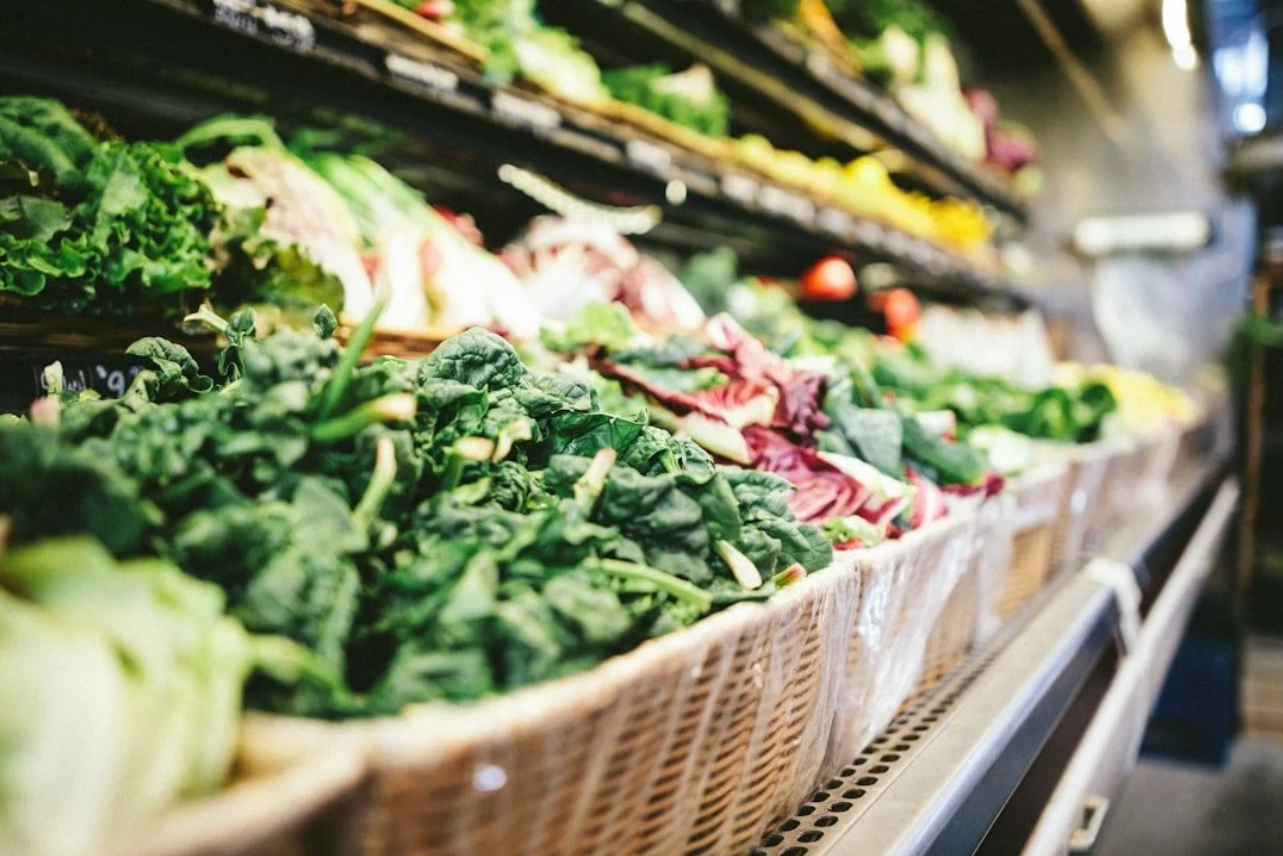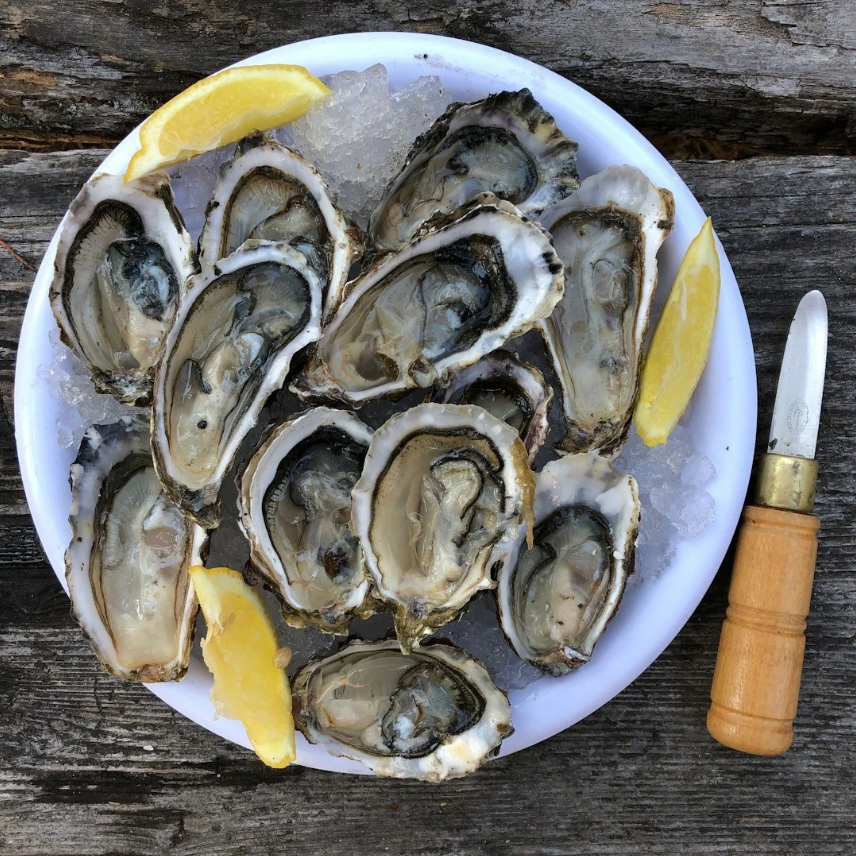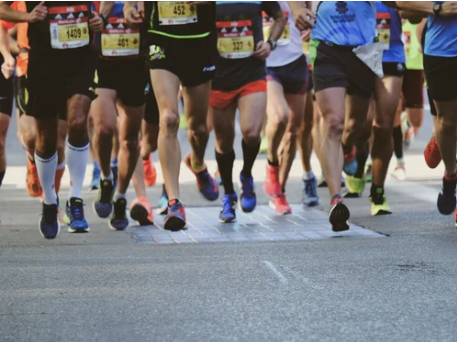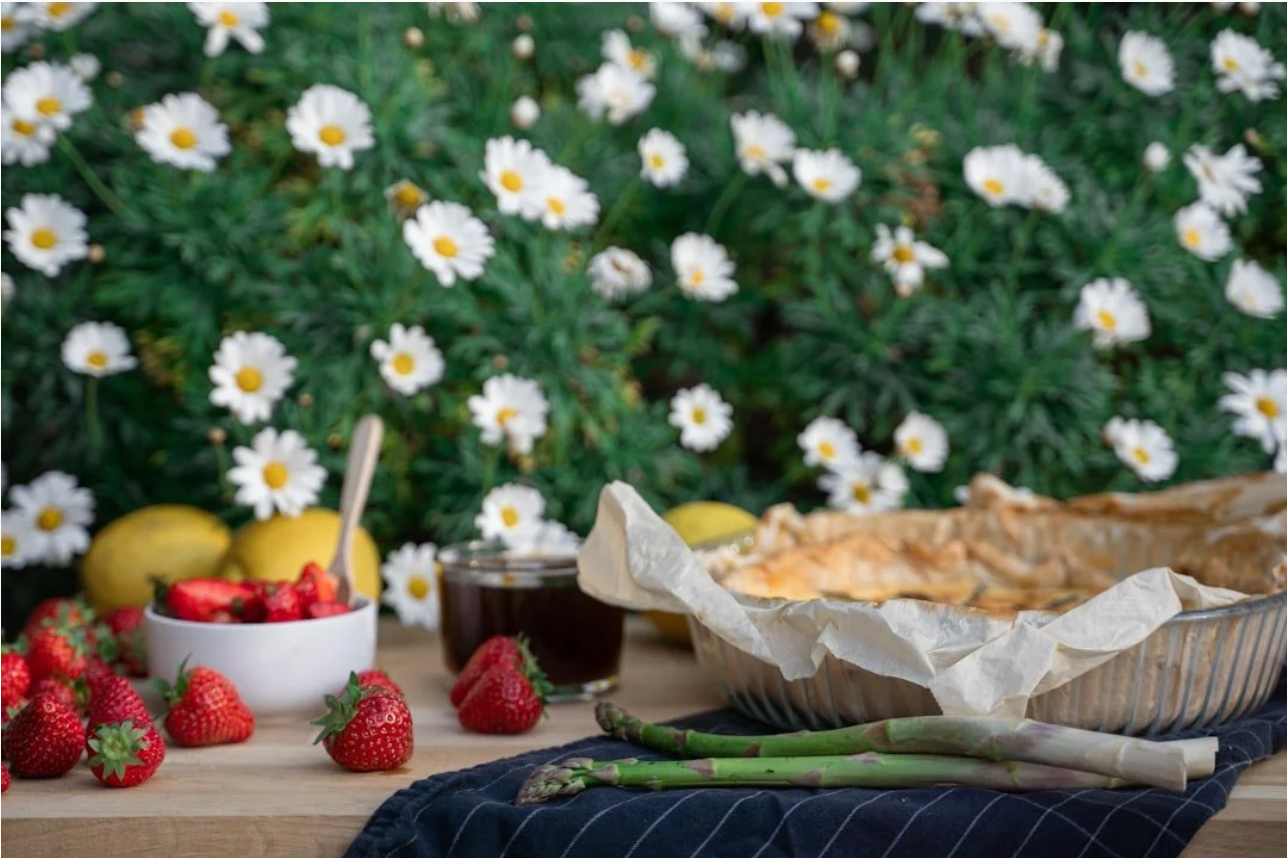Boosting Immunity During Taper & Travel: How Runners Can Stay Healthy Leading Into Race Day
For many runners, spring and brings not just tulips and sunshine—but race day! Whether you're lining up for a full marathon, half, or 10k, the final few weeks of training can feel like a whirlwind of taper tantrums, logistics, and excitement. But there's one crucial piece of your race prep that often gets overlooked: your immune system.
After weeks of higher mileage and physical stress, your body is primed for rest and recovery—but it’s also more vulnerable to illness. Combine that with the stress of travel, time zone changes, new environments, and less-than-perfect sleep, and it’s no surprise that many runners find themselves sniffling (or worse) right before race day.
I remember a particularly bad bout of food poisoning in the day leading up to a marathon where I would have loved to have some of the knowledge that I have today which could have had me both avoiding and feeling better on race day morning!
The good news? You have more control than you think. Nutrition and lifestyle strategies can support your immune health, helping you feel strong, clear-headed, and ready to race.
Here’s a science-backed breakdown of what to eat, drink, and do to support your immunity in the critical weeks leading up to your big event.
How Marathon Training Impacts Immunity
Let’s start with the why.
Prolonged endurance training has complex effects on our immune system. We know that in moderation, exercise can actually enhance immune function. However, when we bump up our training intensity and volume ramp up, as it does during peak weeks, our body experiences more oxidative stress, inflammation, and microtrauma. This temporary dip in immunity is often called the “open window” period, where you're more susceptible to colds, viruses, and infections.
Then comes the taper. Your training load decreases (yay!), but your immune system is still in recovery mode, adjusting to the lower stress levels and trying to replenish its reserves.
This is the moment to be extra vigilant and support your recovery to keep you strong and healthy for race day.
7 Key Nutrition Strategies to Support A Runners Immune Health
1. Load Up on Vitamin C
Vitamin C is one of the most well-known immunity nutrients—and for good reason. It supports the function of various immune cells and enhances the skin’s barrier function against pathogens. It’s also a powerful antioxidant, helping reduce the oxidative stress caused by hard workouts.
Best food sources:
Citrus fruits (oranges, grapefruits, lemons)
Kiwi
Bell peppers
Strawberries
Broccoli
Brussels sprouts
Travel Tip:
Pack some vitamin C packets or effervescent tablets like Emergen-C or Redoxon in your carry-on. They're easy to mix into water on the go and offer a little hydration bonus.
2. Don’t Forget Zinc
Zinc plays a key role in immune cell development and communication. It also helps maintain the integrity of your skin and mucous membranes—your body's first line of defense.
Top foods:
Oysters (zinc superstars)
Pumpkin seeds
Mushrooms
Cashews
Eggs
Whole grains
Heads Up:
Avoid high-dose zinc supplements unless advised—too much can impair immune function and cause nausea.
3. Vitamin D: The Silent Guardian
Most of us associate vitamin D with bone health, but it’s just as important for immunity. It modulates both innate and adaptive immune responses and has been shown to reduce the risk of respiratory infections in people who are deficient.
Food sources:
Fortified plant milks
Egg yolks
Fatty fish (like salmon and sardines)
Mushrooms exposed to sunlight (like maitake or UV-treated varieties)
Supplement Tip:
If you live in northern climates and haven’t had your levels tested, a general recommendation is 1000 IU/day. It’s a small but powerful daily habit.
4. Iron for Energy and Immunity
Iron is critical not just for energy levels but also for a healthy immune system. Runners—especially women—are at higher risk for low iron levels, which can leave you more prone to illness and fatigue.
Top foods:
Lean meats and poultry
Spinach
Tofu and tempeh
Pumpkin and sesame seeds
Dried apricots and prunes
Pair it right
Combine plant-based iron (non-heme) with vitamin C to boost absorption. For example, add red peppers to your lentil stew or have orange slices with your spinach salad.
5. Antioxidant Powerhouses
Your immune system is constantly battling inflammation and oxidative stress—especially during training. Antioxidants help counteract this and keep your cells in top form.
Eat the rainbow:
Berries (especially blueberries and blackberries)
Sweet potatoes and carrots (hello, beta-carotene)
Beets (rich in nitrates for blood flow and antioxidants)
Leafy greens
Green tea
Turmeric (pair with black pepper to boost absorption of curcumin)
Make your plate look like a vibrant garden—bright colors usually signal more immune-supportive phytonutrients.
6. Support Your Gut with Probiotics and Prebiotics
A huge portion of your immune system lives in your gut. Keeping your microbiome balanced with both probiotic and prebiotic foods can help fend off illness and support digestion—especially important if you’re traveling and introducing new foods. For probiotic foods, think fermented foods, while prebiotics are more fibre based foods.
Probiotic foods:
Yogurt with live cultures
Kefir
Kimchi
Sauerkraut
Miso
Tempeh
Prebiotic foods (gut fuel):
Oats
Bananas (especially slightly green ones)
Onions and garlic
Asparagus
Chia seeds
Travel Hack
If you’re prone to stomach issues, pack a travel-friendly probiotic (look for Saccharomyces boulardii). It’s a strain known to support gut resilience during travel.
7. Don’t Skimp on Healthy Fats
Omega-3 and monounsaturated fats help reduce inflammation and support the immune response. They also help your body absorb fat-soluble vitamins (like A, D, E, and K).
Go-to sources:
Avocados
Olive oil
Nuts (especially walnuts and almonds)
Seeds (chia, flax, pumpkin)
Fatty fish
Race Week Advice
Avoid heavy, fried, or greasy foods that can disrupt your gut and dampen immune efficiency. Save the celebration pizza for after your finish line selfie.
Hydration and Sleep: Two Unsung Heroes
Hydration
Even mild dehydration can impair immunity. Aim for consistent hydration—your urine should be pale yellow. Herbal teas like ginger, echinacea, or chamomile can offer both hydration and functional benefits. CHECK OUT MY TAPER TEAS BLOG POST HERE
If you’re traveling by air, remember that flying is dehydrating. Bring a reusable water bottle and drink regularly throughout the day.
Sleep
Sleep is when your body recovers, regenerates, and strengthens its immune defense. Inadequate sleep has been shown to reduce the body’s ability to fight infections.
Aim for 7 to 9 hours of quality sleep each night leading into race week. Dim screens, create a relaxing routine, and if you're crossing time zones, start shifting your bedtime a few days in advance.
Smart Travel Tips for Immune Health
Traveling for a race? Whether you’re flying or driving, a few mindful habits can help protect your health:
Bring your own snacks: Trail mix with seeds and dried fruit, cut veggies, single-serve hummus, and oranges are all great immune-friendly options.
Hand hygiene: Carry hand sanitizer and wash hands often—especially in airports, expos, and crowded restaurants.
Mask up if needed: In very crowded areas (or during flu season), consider a mask—especially if you’re within 7–10 days of race day.
Stay calm: Travel delays, long lines, and missed shuttles happen. Deep breathing, calming music, and staying flexible can reduce cortisol spikes and support immune regulation.
Final Thoughts: Protect Your Investment
You’ve trained for weeks. You’ve logged the miles, fought through fatigue, and prepped your gear. Now it’s time to protect your investment by supporting your immune system.
Think of this as your “invisible training.” It doesn’t show up on Strava, but it’s just as essential. The taper isn’t only about physical recovery—it’s your window to nourish, restore, and set your body up for a strong, energized race.
So go ahead and sip your tea, eat your berries, and double down on sleep. Your immune system will thank you when you toe that start line feeling clear, calm, and ready to fly.









